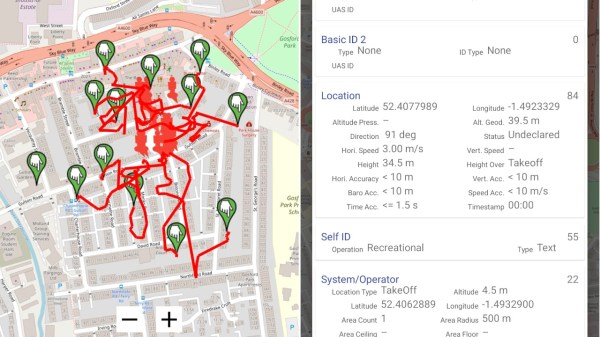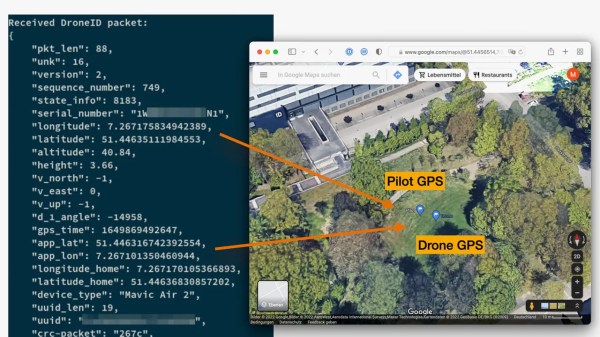The hits just keep coming for the International Space Station (ISS), literally in the case of a resupply mission scheduled for June that is now scrubbed thanks to a heavy equipment incident that damaged the cargo spacecraft. The shipping container for the Cygnus automated cargo ship NG-22 apparently picked up some damage in transit from Northrop Grumman’s Redondo Beach plant in Los Angeles to Florida. Engineers inspected the Cygnus and found that whatever had damaged the container had also damaged the spacecraft, leading to the June mission’s scrub.
Mission controllers are hopeful that NG-22 can be patched up enough for a future resupply mission, but that doesn’t help the ISS right now, which is said to be running low on consumables. To fix that, the next scheduled resupply mission, a SpaceX Cargo Dragon slated for an April launch, will be modified to include more food and consumables for the ISS crew. That’s great, but it might raise another problem: garbage. Unlike the reusable Cargo Dragons, the Cygnus cargo modules are expendable, which makes them a great way to dispose of the trash produced by the ISS crew since everything just burns up on reentry. The earliest a Cygnus is scheduled to dock at the ISS again is sometime in this autumn, meaning it might be a long, stinky summer for the crew.













